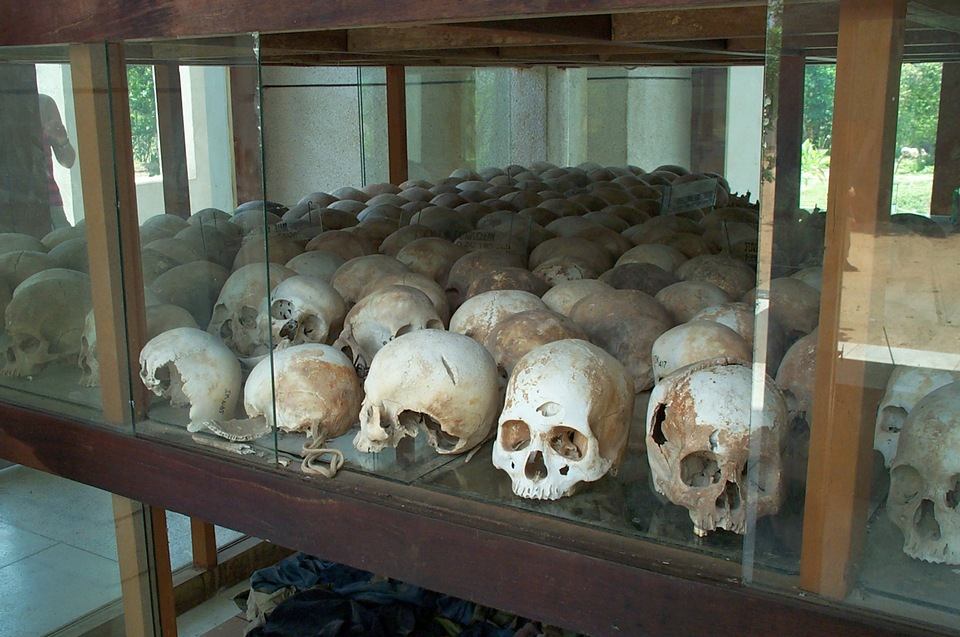
Whilst the Thai premier Srettha Thavisin is pushing for international tourist growth by traditional means, Cambodian authorities are adopting a “dark” visitor scenario which urges visitors to delve into the country’s tragic past. The Cambodian tourist authority has upgraded facilities at the Tuol Sleng genocide museum and the Choeung Ek Killing Fields, both based in or near Phnom Penh and the scene of atrocities associated with the Khmer Rouge era of the 1970s.
Cambodia also hopes to have a bumper Khmer New Year festival (April 13-16) by promoting the eating of fried insects which are said to be full of protein and taste just fine. Hotels and businesses have been told to display the national flag outside their premises and images of the Royal family inside. They are also instructed to provide parking lots with clear signage to avoid vehicles blocking roads and highways.
Meanwhile, Thailand has adopted a five point marketing plan according to the prime minister. These include providing a positive experience (24 hour helplines for example), encouraging Thai food and culture, exploring secondary provinces rather than the usual tourist centers and hosting world class events in sport and music. The fifth strand is to push for seamless travel in the Asean region by a “mini Schengen”, the idea that a visa for one country would remove the need to apply for a separate one to visit neighboring ones.
Brian Williams, whose UK agency specializes in holidays to south east Asia, said both Thailand and Cambodia were seeking new strategies to promote a further growth in international arrivals. “Cambodia is trying to diversify its attractions beyond the archaeological ruins of Angkor Wat, whilst Thailand is adopting user-friendly strategies in its appeal.” He added that Thailand was also looking at extending its government-funded insurance schemes to cover foreigners hurt or killed in road and water accidents.








